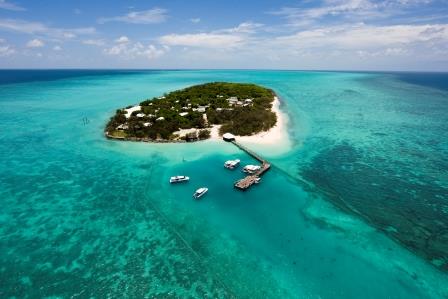UQ Science captures colourful coral spawning event on film
One of the most colourful and captivating events on the coral reef’s calendar has been captured on video at Heron Island Research Station.

Each year researchers flock to the University of Queensland’s Heron Island Research Station to witness and study the annual coral spawning event.
Coral spawning is reproduction on a massive scale.
UQ Heron Island Research Station Manager Dr Elizabeth Perkins said the event typically occurred five to seven nights after the November full moon.
“The annual spawning event gives researchers an opportunity to study the effects of the changing environment on reef life,” Dr Perkins said.
“During the last coral spawning event, researchers collected large volumes of coral larvae to assess the impact of climate change.
“Researchers study different climate change scenarios and changes to our oceans to get a better understanding of the condition of the reef.”
“Situated on the southern Great Barrier Reef, the research station is the oldest and largest marine research station on the Reef,” Dr Perkins said.
“Literally metres from the reef, with crystal-clear water and near pristine conditions, the station provides easy and direct access to the marine environment.
“The coral colonies are collected and brought back to the research station where a large aquaria system is used to hold the coral colonies and coral spawns while they are investigated.”
UQ’s Heron Island Research Station has been operating for more than 50 years and is Australia’s largest, best-equipped and most productive university-owned marine research station.
It is an international facility for coral reef research and student training in marine sciences.
Science at the University of Queensland
The School of Biological Sciences at the University of Queensland is situated on the St Lucia campus in Brisbane and is part of the Faculty of Science.
Academic staff conduct research in evolution, global change biology, ecology, aquaculture, behaviour, physiology, entomology, zoology, botany, genomics, development and conservation biology. World-class infrastructure, proximity to stunning habitats and biodiversity, and UQ’s tropical-subtropical location contribute to its unique working environment.
*

































Ask A Question
Ask us about your program of interest, or if you have a question about our services.
CONTACT US TODAY